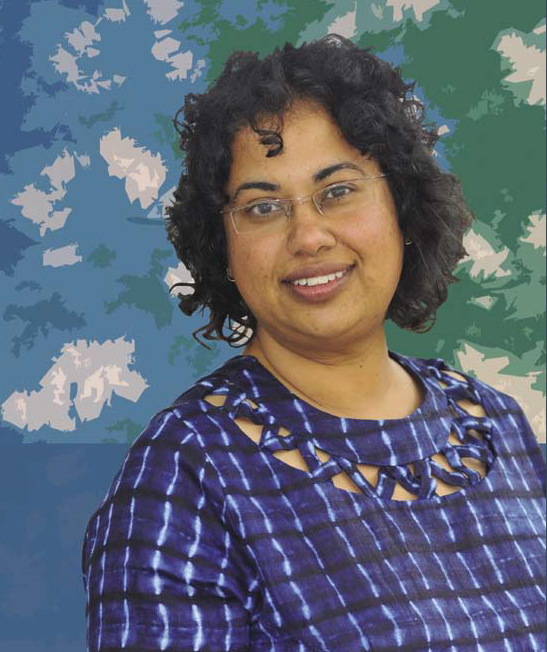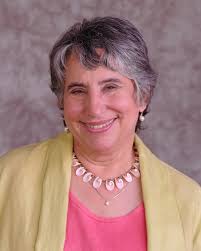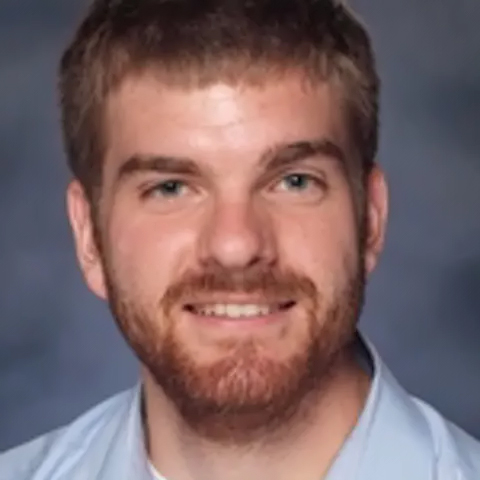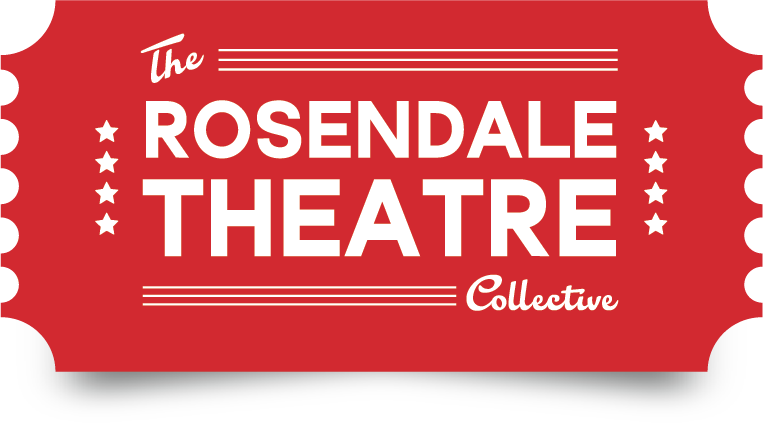Creative pairings of current, classic, cult, and documentary films with lively introductions by notable figures from the world of science, technology, and medicine.
Science on Screen® is An initiative of the COOLIDGE CORNER THEATRE, with major support from the ALFRED P. SLOAN FOUNDATION.
The Rosendale Theatre has been awarded the Science on Screen grant again for 2021
Due to the current situation regarding COVID-19 The Rosendale Theatre has temporarily suspended operations in the building. We have modified the Science on Screen Series for online experiences.
The Promise of Ingenuity
1. Watch the movies
- The Boy Who Harnessed the Wind can be found on Netflix.
- William and the Windmill is available for free on Kanopy and for a small price on Amazon Prime.
2. Enjoy this welcome to the program from William Kwamkamba
3. LEARN MORE, THINK MORE
- In Do I Need a Script, filmmaker Cameron Zohoori talks about differences between scripted and documentary presentations of story. Projects in varying media have taken Cameron from rural Kentucky to the streets of Monrovia. Cameron, a Lewis Hine Documentary Fellow, is committed to work that embodies a social justice perspective.
- A Southern African Perspective on William’s Story features Shereen Essof from Zimbabwe and now Executive Director of JASS (Just Associates and her colleague and JASS Board Co-Chair Joanne Sandler, formerly of the UN. Both speakers share their observations and insights on the film.
- Understanding Book Donation Programs tells the story of the book that William used to build his windmill. Dr. Wendy Saul, formerly President of the International Book Bank, the organization that sent the book on energy to William’s library, explains the process of getting books to under-resourced nations.
- In The William’s Challenge students from Purdue Polytechnic, a STEM-focused high school in Indianapolis IN share their solutions to personal or community problems. Working under the direction of award-winning teacher, Andrew Goodin, we hope these projects from a highly diverse group of young people, encourage others to invent and dream big.
- A Conversation on Green Energy with Wulandana, Assistant Professor of Mechanical Engineering at SUNY New Paltz.
4. We accepted questions that were asked of our panelists during the live stream below.
 Cameron Zohoori, film maker, editor and producer, offers insights on differences between scripted and unscripted films, using “The Boy Who Harnessed the Wind” and “William and the Windmill” as examples. Cameron Zohoori is a filmmaker from North Carolina by way of Jamaica, Arkansas, and Seattle. After studying neuroscience, he decided storytelling was a more compelling way to affect people’s brains. Projects in diverse media have taken him from the hollers of Kentucky to the streets of Monrovia, from cage diving with great white sharks to training rural radio producers in multimedia techniques. He was selected as a 2012 Lewis Hine Documentary Fellow and spent a year filming and photographing the lives of youth and youth workers in Lowell, Massachusetts. The resulting short doc “The Vow” played festivals around the country and internationally. Since 2015 Cameron has worked with Vignette in Seattle, bringing documentary filmmaking to brands and organizations with honest stories to tell. Cameron Zohoori, film maker, editor and producer, offers insights on differences between scripted and unscripted films, using “The Boy Who Harnessed the Wind” and “William and the Windmill” as examples. Cameron Zohoori is a filmmaker from North Carolina by way of Jamaica, Arkansas, and Seattle. After studying neuroscience, he decided storytelling was a more compelling way to affect people’s brains. Projects in diverse media have taken him from the hollers of Kentucky to the streets of Monrovia, from cage diving with great white sharks to training rural radio producers in multimedia techniques. He was selected as a 2012 Lewis Hine Documentary Fellow and spent a year filming and photographing the lives of youth and youth workers in Lowell, Massachusetts. The resulting short doc “The Vow” played festivals around the country and internationally. Since 2015 Cameron has worked with Vignette in Seattle, bringing documentary filmmaking to brands and organizations with honest stories to tell. |
 Joanne Sandler and Shereen Essof, both experienced advocates for social justice in southern African nations, share their perspectives on women and work in the region where William’s story took place. Joanne Sandler, a senior associate of Gender at Work, is an independent consultant focused on women’s human rights and organizational change strategies. Joanne has worked with international organizations, private foundations, academic institutions and women’s organizations and networks for the past 30 years. From 2001 to 2010 Joanne served as Deputy Executive Director for Programmes for the UN Development Fund for Women (UNIFEM), guiding its support to programs that advance women’s empowerment and rights throughout the developing world. During her tenure, UNIFEM grew from an organization with an $18 million annual budget and presence in 20 countries to a $200 million annual budget with presence in 80 countries. Joanne then served on the transition team for the establishment of UN Women. Joanne currently serves on the boards of directors of Breakthrough and of Women Win. Joanne Sandler and Shereen Essof, both experienced advocates for social justice in southern African nations, share their perspectives on women and work in the region where William’s story took place. Joanne Sandler, a senior associate of Gender at Work, is an independent consultant focused on women’s human rights and organizational change strategies. Joanne has worked with international organizations, private foundations, academic institutions and women’s organizations and networks for the past 30 years. From 2001 to 2010 Joanne served as Deputy Executive Director for Programmes for the UN Development Fund for Women (UNIFEM), guiding its support to programs that advance women’s empowerment and rights throughout the developing world. During her tenure, UNIFEM grew from an organization with an $18 million annual budget and presence in 20 countries to a $200 million annual budget with presence in 80 countries. Joanne then served on the transition team for the establishment of UN Women. Joanne currently serves on the boards of directors of Breakthrough and of Women Win. |
 Shereen Essof, who currently serves as the Executive Director of JASS, is a respected Zimbabwean feminist, activist, popular educator, academic and former regional director for JASS Southern Africa. Her academic work is grounded in her engagement with women in trade unions, social movements, and community-based organizations. She strives to understand the roots and the gendered nature of neo-liberal, patriarchal systems, and from that understanding to imagine and organize towards alternatives. She worked at the Zimbabwe Women’s Resource Centre and Network in Harare for six years, and then with the African Gender Institute at the University of Cape Town. Shereen has published widely on feminism, women’s movements, and social movement organizing in both online and hard copy journals in South Africa and internationally. Shereen Essof, who currently serves as the Executive Director of JASS, is a respected Zimbabwean feminist, activist, popular educator, academic and former regional director for JASS Southern Africa. Her academic work is grounded in her engagement with women in trade unions, social movements, and community-based organizations. She strives to understand the roots and the gendered nature of neo-liberal, patriarchal systems, and from that understanding to imagine and organize towards alternatives. She worked at the Zimbabwe Women’s Resource Centre and Network in Harare for six years, and then with the African Gender Institute at the University of Cape Town. Shereen has published widely on feminism, women’s movements, and social movement organizing in both online and hard copy journals in South Africa and internationally. |
 How do donated books make their way to Africa? Wendy Saul, former President of the International Book Bank that sent the book to William’s Library in Wimbe, Malawi, tells all. Wendy Saul, PhD, now retired from her position as the Allen B. and Helen S. Shopmaker Chair in Education and International Studies at the University of Missouri- St Louis, is the. author of 10 books connecting critical thinking, science and literacy Saul has worked with teachers in Eastern and Central Europe, Central Asia, China, S. America and for the past 10 years in Africa. She has also directed a number of large NSF programs in Baltimore and St Louis. Dr. Saul was formerly President of the International Book Bank, the organization that sent the book on energy to the Wimbe Library where William Kwankamba found it and used it to build his windmill.. She is currently a member of Board of Directors at CODE (Canada) and the Rosendale Theatre. How do donated books make their way to Africa? Wendy Saul, former President of the International Book Bank that sent the book to William’s Library in Wimbe, Malawi, tells all. Wendy Saul, PhD, now retired from her position as the Allen B. and Helen S. Shopmaker Chair in Education and International Studies at the University of Missouri- St Louis, is the. author of 10 books connecting critical thinking, science and literacy Saul has worked with teachers in Eastern and Central Europe, Central Asia, China, S. America and for the past 10 years in Africa. She has also directed a number of large NSF programs in Baltimore and St Louis. Dr. Saul was formerly President of the International Book Bank, the organization that sent the book on energy to the Wimbe Library where William Kwankamba found it and used it to build his windmill.. She is currently a member of Board of Directors at CODE (Canada) and the Rosendale Theatre. |
 Dr. Rachmadian Wulandana, Assistant Professor of Mechanical Engineering at SUNY New Paltz, received his undergraduate degree in Civil Engineering from Bandung Institute of Technology (ITB) in Indonesia and his Masters and Doctoral degree from the Department of Mechanical Engineering, University of Pittsburgh, PA. He worked as a postdoctoral fellow At Georgia Tech (Atlanta) in the Cardiovascular Fluid Mechanics Lab. His primary teaching assignments at New Paltz include Thermodynamics, Thermal System Designs, Fluid Dynamics, Heat Transfer, as well as Finite Element Analysis (FEA). His own research focuses on innovative designs in renewable energy and sustainable technology. Ongoing research projects include investigations of vortex-induced autorotating turbines for hydrokinetic applications, designs of Tesla turbines for renewable energy, utilization of thermoelectric semiconductors for cooling applications, as well as research on metal 3d-printing. Dr. Rachmadian Wulandana, Assistant Professor of Mechanical Engineering at SUNY New Paltz, received his undergraduate degree in Civil Engineering from Bandung Institute of Technology (ITB) in Indonesia and his Masters and Doctoral degree from the Department of Mechanical Engineering, University of Pittsburgh, PA. He worked as a postdoctoral fellow At Georgia Tech (Atlanta) in the Cardiovascular Fluid Mechanics Lab. His primary teaching assignments at New Paltz include Thermodynamics, Thermal System Designs, Fluid Dynamics, Heat Transfer, as well as Finite Element Analysis (FEA). His own research focuses on innovative designs in renewable energy and sustainable technology. Ongoing research projects include investigations of vortex-induced autorotating turbines for hydrokinetic applications, designs of Tesla turbines for renewable energy, utilization of thermoelectric semiconductors for cooling applications, as well as research on metal 3d-printing. |
 Andrew Goodin, award-winning teacher in an innovative High School, presented students with a design challenge based on the films. See the resulting projects. Andrew Goodin, award-winning teacher in an innovative High School, presented students with a design challenge based on the films. See the resulting projects.
Andrew Goodin is the lead instructor at Purdue Polytechnic High School (PPHS). PPHS is reinventing high school. Rather than engage in traditional courses, students at PPHS practice human-centered design in a series of passion projects and industry-partner challenges. Previously, Andrew was the Makerspace Teacher at Grand Center Arts Academy in St. Louis. Andrew’s passion is to engage students in exploration, creation, and problem solving on a daily basis. As a result of his work, he’s been awarded the Peabody Energy “Leader in Education” prize, the Loeb Prize for Teaching Excellence, and St. Louis Public Schools Science Teacher of the Year. Andrew was a 2008 Teach for America St. Louis Corps Member where he taught 11th grade Chemistry. |


